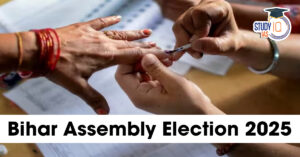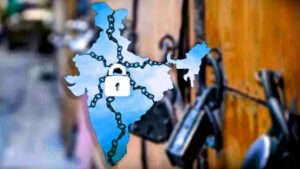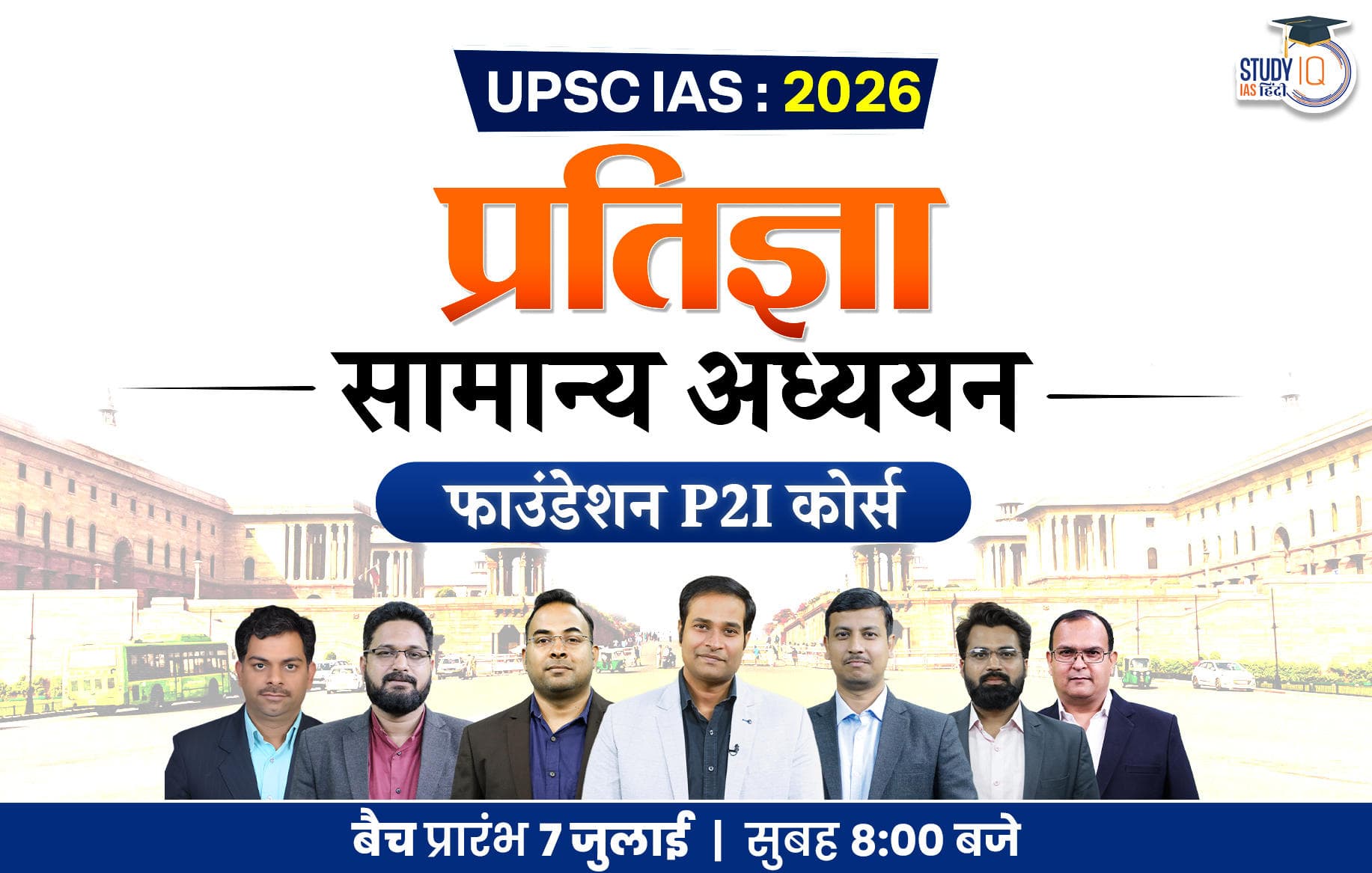Table of Contents
Context: In 2023, alarming reports emerged highlighting significant issues with the Public Distribution System (PDS) in states like Jharkhand, Odisha, and Bihar.
What are the Key Issues?
Removal of Households from PDS Rolls
- Reports from Jharkhand and Odisha highlight that many households have been excluded from PDS rolls.
- Bihar faces a similar crisis, particularly during the COVID-19 pandemic, which worsened access to rations.
Exclusion from Ration Cards
Many Musahar households in Patna district lack active ration cards or have incomplete family details on their cards.
- Biometric verification at Fair Price Shops (FPS) has led to the exclusion of names from PDS rolls.
- The Musahar community, deeply marginalized by caste-based socio-political structures, is particularly affected.
Corruption and Poor Food Quality
BPL households with Priority Household (PHH) cards are entitled to 5 kg of food grains per person.
- However, FPS dealers often release only 4 kg, and this is usually of the lowest quality rice (“Usna” rice).
- Wheat is often not issued at all.
- Households regularly report FPS dealers diverting food grains for personal profit.
Documentation and Bureaucratic Barriers
Bihar requires Aadhaar details and additional documents like caste, income, and residence certificates for PDS enrolment.
- Similar requirements exist in Jharkhand, Uttar Pradesh, and Madhya Pradesh, though they lack legal backing under the National Food Security Act (NFSA) of 2013 or the PDS Control Order of 2015.
- Officials in Bihar attribute these requirements to oversight in the digitized system.
- Though ration cards must be issued within 30 days under the 2015 order, applications often remain pending for 4 to 18 months.
Exploitation by Middlemen
- Marginalized communities, particularly the Musahars, lack the resources and knowledge to navigate online processes for PDS.
- Middlemen exploit this by charging ₹3,000 or more for ration card applications, with instances of money being taken without delivering the service.
Digitization and Governance Disconnect
- Governments prioritize digitization and “smart city” projects over citizen welfare, creating a disconnect with the most vulnerable populations.
- Bureaucratic inefficiency and indifference choke the right to food, despite its recognition as a fundamental right in People’s Union of Civil Liberties vs. Union of India (1999).
Conclusion
The PDS system, meant to uphold the fundamental right to food, is failing due to bureaucratic inefficiencies, systemic corruption, and digitization hurdles. Marginalized communities like the Musahars are disproportionately affected, and the lack of government accountability perpetuates these challenges. Reforms in governance, digitization, and citizen support mechanisms are essential to ensure equitable access to food security.


 Bihar Assembly Election 2025 Dates, Poli...
Bihar Assembly Election 2025 Dates, Poli...
 Bharat Bandh 9 July 2025: Over 25 Crore ...
Bharat Bandh 9 July 2025: Over 25 Crore ...
 Sukhoi Su-57: Will India Choose Russia�...
Sukhoi Su-57: Will India Choose Russia�...





















